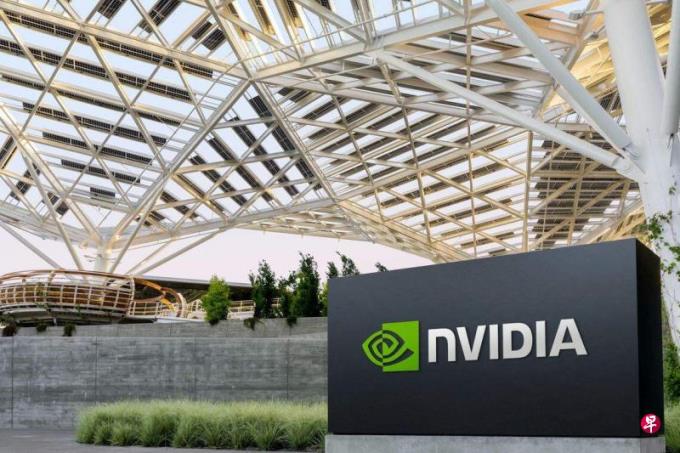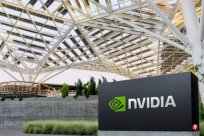
(Hong Kong Comprehensive Television) Analysts believe that the United States restricts the export of advanced artificial intelligence chips to China, and may help Chinese telecommunications giants Huawei expand at the Chinese market worth $ 7 billion (about 9.5 billion yuan), because these export restrictions are limitedIt will force the United States to evacuate China.
Reuters reports that although Nvidia (Nvidia) has always been the main supplier of Chinese artificial intelligence (AI) chips, and its market share exceeds 90%, Chinese companies, including Huawei, have begun to target HuihuiDa's best -selling A100 and H100 graphics processor (GPU) develops its own version.
Huawei is also committed to becoming the main supplier of AI computing power.Huawei's chief financial officer Meng Wanzhou said last month that Huawei hopes to establish an operational base for China and provide the "second choice" for the world.Although Meng Wanzhou did not say clearly, it was obviously challenging the leader in the United States.
Analysts and some AI companies, such as China University of Science and Technology, said that Huawei's Shengteng AI chip is comparable to Huida in terms of original computing power, but still lag behind in terms of performance.The dependence of most development plans to Huida chips and Huida software ecosystems has also been the key to Chinese companies difficult to expand the market.
However, as the United States restricts advanced chip exports, Jiang Yifan, chief market analyst of Guotai Junan Securities, believes that Huida's position in China will shake.Jiang Yifan posted on Weibo: "In my opinion, the United States is actually a gift to Huawei Shengteng chip."
86research analyst Charlie Chai also believes that once Chinese manufacturers have enough time and huge customer base, the Huida ecosystem of the original leading market will no longer be an irreplaceable obstacle.
But to replace Huida, Huawei still has some challenges to overcome.Woz Ahmed, who was a senior director of chip design and currently engaged in consultant, analyzed that Huawei wanted to win Huida's Chinese customers, and must copy the ecosystem created by Huida, including assisting customers to transfer data and model transferGo to the platform created by Huawei.
Amede added that intellectual property rights are another issue because many American companies already have the patent rights of graphics processors.He believes that Huawei needs five to 10 years to overcome these obstacles.




